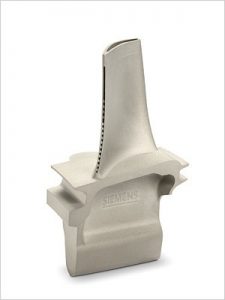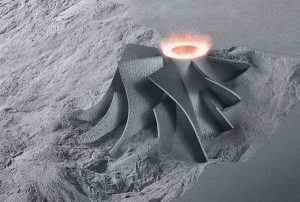Mentor: Dazhong Wu
Description: The demand for advanced ceramics from automotive, aerospace, heavy machinery, defense, and healthcare industries is increasing rapidly due to their superior mechanical properties under severe environmental conditions. One of the most widely used techniques for fabricating ceramic components is ceramic injection molding which is a manufacturing process that involves mixing of ceramic powders, injection molding, debinding, and sintering. In the aerospace industry, as the geometries of turbine blades become increasingly complex, it is very challenging to fabricate high-quality turbine blades with ceramic injection molding due to complex flow in the mold. Additive manufacturing, also known as 3D printing, has the potential to fabricate complex ceramic components such as turbine blades and vanes with high temperature stability, high corrosion resistance, high wear resistance, and low thermal expansion under severe environmental conditions. Additive manufacturing is an advanced manufacturing process in which materials are joined or solidified to create a three-dimensional object in a layer-by-layer manner. The objective of this project is to develop a novel additive manufacturing technique that can fabricate complex turbine blades with high dimensional accuracy and surface integrity.
Wu and his graduate students will guide the REU student closely. The REU student will learn several additive manufacturing techniques, conduct mechanical tests, as well as analyze experimental data.


Additive manufacturing of ceramics